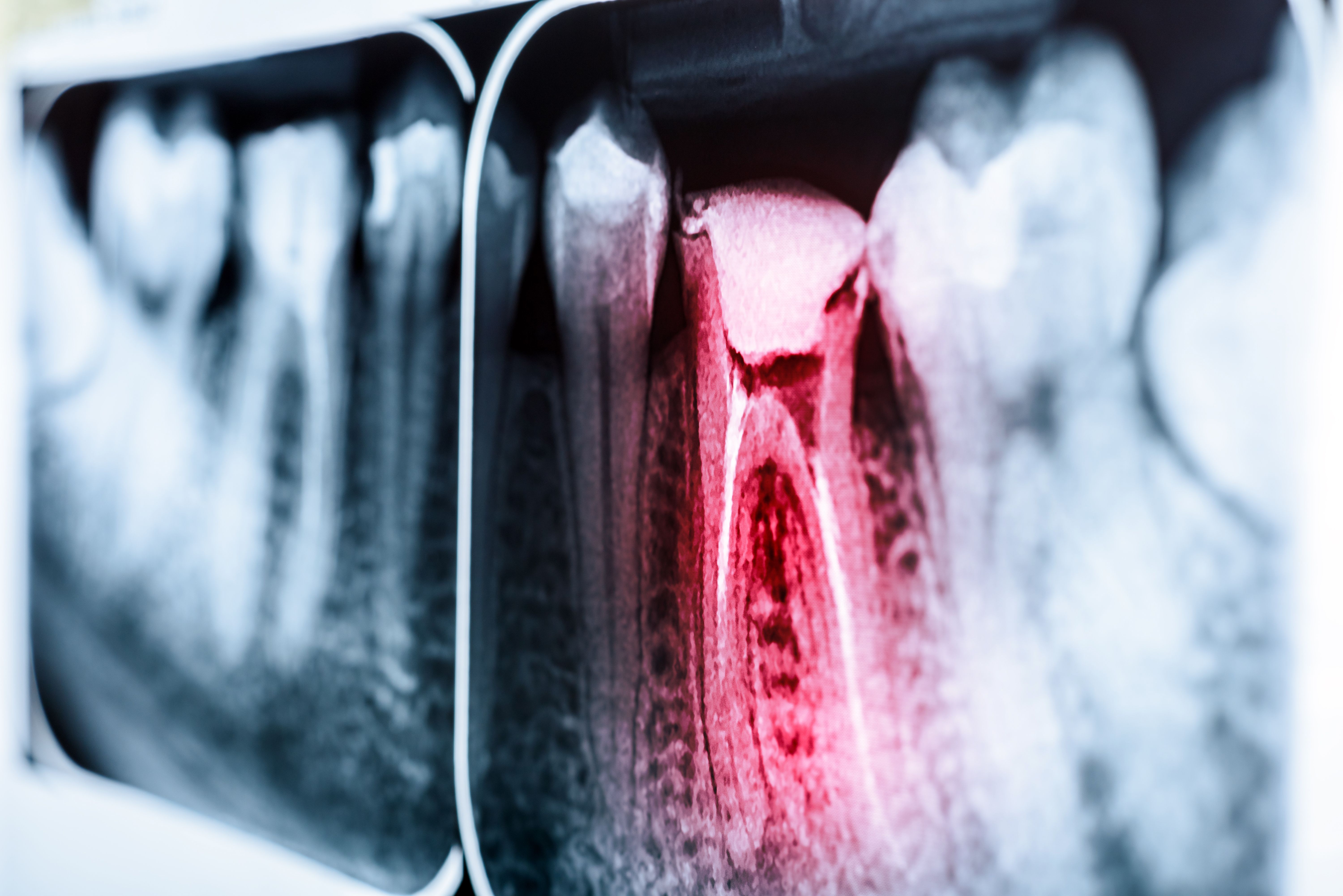Root Canal Therapy vs. Tooth Extraction: Which Is Right for You?
 A root canal infection is an unfortunate, but fairly common oral health problem. A root canal infection may develop when bacteria reaches the pulp at the center of a tooth, most commonly as a result of advanced tooth decay or an oral injury.
A root canal infection is an unfortunate, but fairly common oral health problem. A root canal infection may develop when bacteria reaches the pulp at the center of a tooth, most commonly as a result of advanced tooth decay or an oral injury.
The pulp, which consists of nerves and blood vessels, can become inflamed and is likely to cause significant oral pain. Root canal therapy cleans out the center of the tooth and keeps the natural root system intact. Many people fear the idea of root canal therapy, but it is the only effective way to eliminate root canal infection while preserving the natural tooth.
Despite its reputation, root canal therapy is virtually pain-free and is the best way to avoid tooth extraction. When an infection is present, the experienced dentists at Dental Solutions help our patients consider root canal therapy vs. tooth extraction at our Warsaw, IN practice, and recommend the treatment that is most appropriate for their unique situation.
Root Canal Procedure
Root canal therapy is probably the most feared, and the most misunderstood, dental treatment. Root canal therapy eliminates bacteria and infection from the pulp of the tooth so that the natural root structure can be preserved.
During this procedure, we remove any infected tissues from the center of the tooth. After cleaning the tooth and its roots to ensure that bacteria and infection have been eliminated, the tooth cavity is filled with a dental compound that seals off the roots to prevent further infection.
In most cases, the tooth is fitted with a dental crown, as an added layer of strength and protection. Thanks to the advanced dental technology used at our practice, all of this can usually be completed in a single dental appointment.
Benefits of Root Canal Therapy
It is always our goal to prevent tooth loss, so we urge our patients to opt for root canal therapy whenever possible. Under the skill and expertise of our dental team, root canal therapy offers patients the following benefits:
- Minimal pain: Most patients report little to no pain during root canal therapy. We typically perform the treatment using just a local numbing gel. However, sedation dentistry is available to those who need it.
- Tooth preservation: Root canal therapy eliminates infection without compromising the natural tooth. It is important to keep the tooth’s root system in place, as it helps maintain the strength and structure of the mouth and adjacent teeth.
- Prevention of jawbone deterioration: The roots support the teeth, but they also play an important role for the jawbone. When a patient bites, the tooth roots absorb the shock and provide stimulation to the jawbone. When a tooth is extracted, the jawbone lacks this stimulation and deterioration is likely to occur.
When to Consider Extraction
Tooth extraction is rarely our first means of treatment for a root canal infection, but it is sometimes necessary. If a root canal infection has advanced, it may not be possible to save the tooth.
If our dentists examine the tooth and determine the roots are “dead,” tooth extraction is likely to be the best form of treatment. During tooth extraction, the crown and root of the tooth are removed, leaving the tooth socket completely empty.
Because tooth loss can compromise the strength and structure of the mouth, as well as lead to jawbone deterioration, it is best to undergo missing teeth treatment as soon as possible after extraction has been performed.
Contact Us
If you are experiencing oral pain, you may be suffering from a root canal infection. Early treatment is the best way to effectively treat infection and save the affected tooth. To learn more about root canal therapy, contact us at your earliest convenience.


